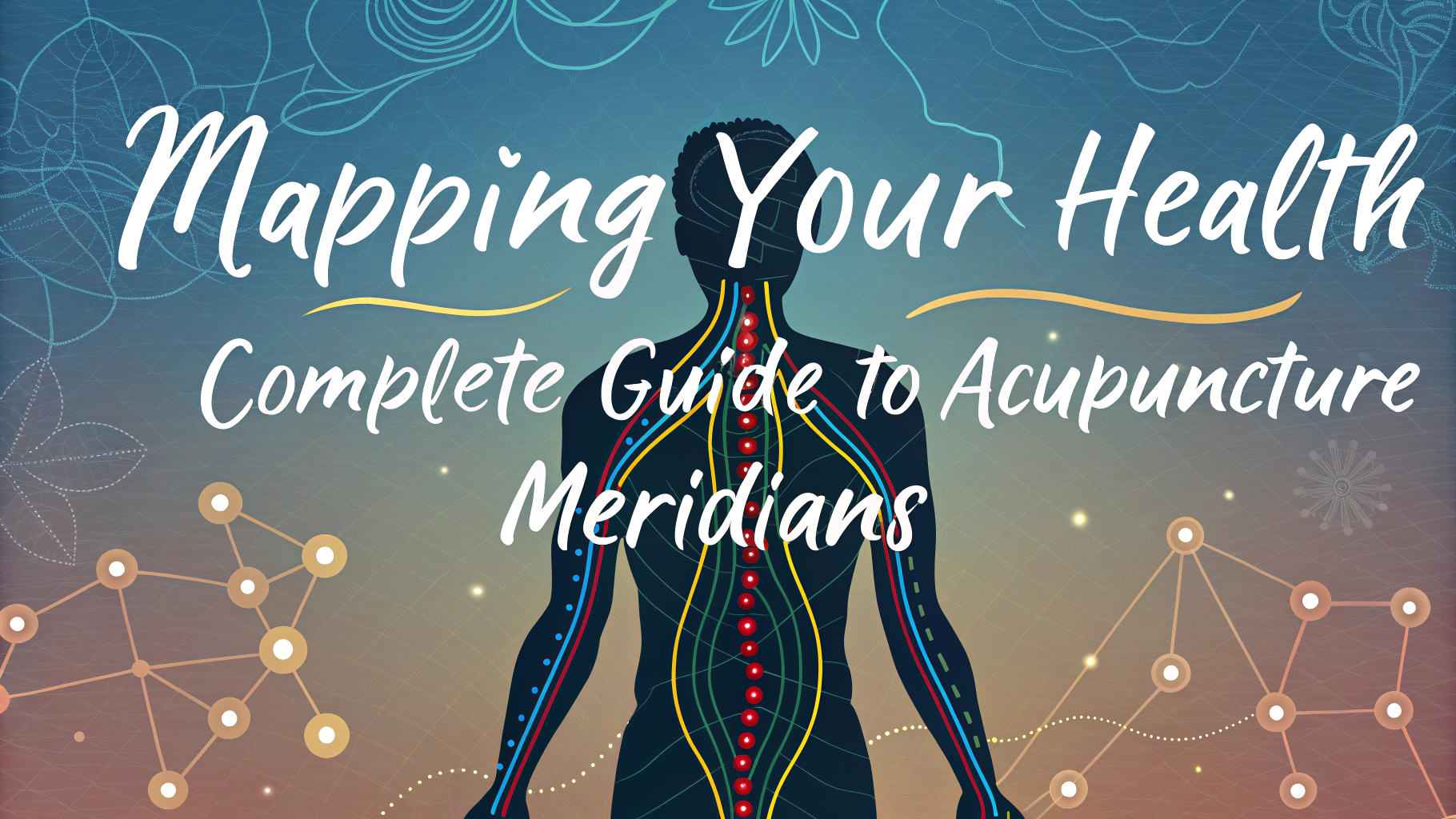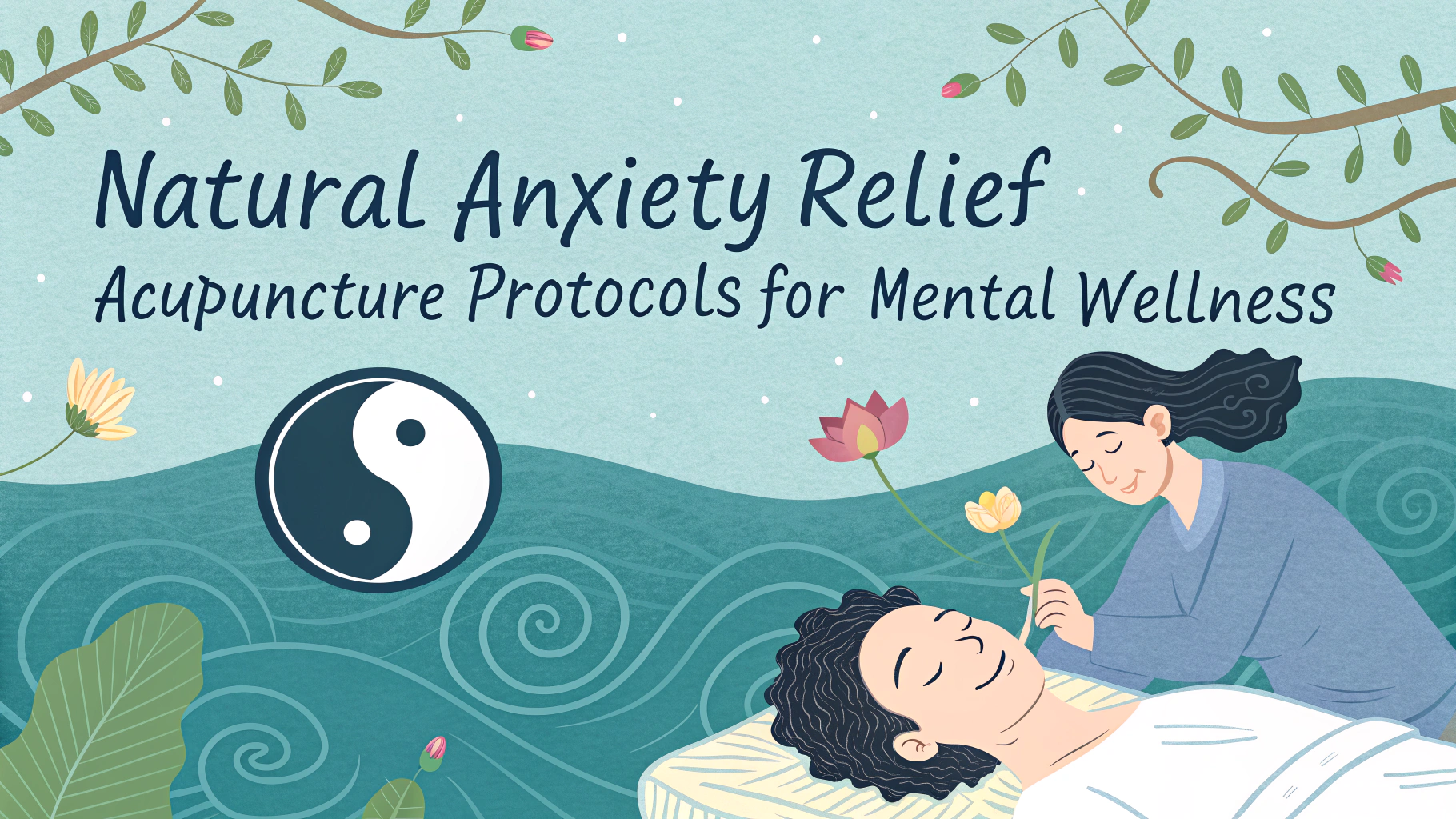Acupuncture offers pregnant women natural relief from common pregnancy discomforts while supporting overall wellness throughout their journey.
Research shows this ancient practice can help manage morning sickness, back pain, anxiety, and other pregnancy-related symptoms when performed by qualified practitioners.
Understanding the safety guidelines and finding the right acupuncturist are essential steps for expectant mothers considering this treatment option.
Safety First: Key Guidelines for Pregnancy Acupuncture
- Only work with licensed acupuncturists certified in prenatal care
- Inform your healthcare provider before starting treatment
- Schedule sessions during the second or third trimester (unless specifically prescribed earlier)
- Avoid certain acupuncture points known to induce labor
- Stop treatment if you experience any discomfort or unusual symptoms
Benefits During Pregnancy
Morning Sickness Management:
- Reduces nausea intensity
- Decreases vomiting frequency
- Improves appetite
Pain Relief:
- Alleviates lower back pain
- Reduces pelvic discomfort
- Eases sciatica symptoms
- Helps with carpal tunnel syndrome
Emotional Support:
- Reduces anxiety levels
- Improves sleep quality
- Helps manage stress
Finding a Qualified Practitioner
Contact these organizations to locate certified prenatal acupuncturists:
- National Certification Commission for Acupuncture and Oriental Medicine (NCCAOM): www.nccaom.org
- American Academy of Medical Acupuncture: www.medicalacupuncture.org
Treatment Schedule Guidelines
Pregnancy Stage
Recommended Frequency
Focus Areas
First Trimester
Limited sessions
Morning sickness, fatigue
Second Trimester
Every 2-4 weeks
Back pain, sleep issues
Third Trimester
Weekly sessions
Birth preparation, anxiety
Preparing for Your Session
- Eat a light meal 2 hours before treatment
- Wear loose, comfortable clothing
- Bring recent prenatal records
- Plan to rest after the session
- Stay hydrated before and after treatment
Red Flags and When to Avoid Treatment
Skip acupuncture if you experience:
- Vaginal bleeding or spotting
- Severe abdominal pain
- Ruptured membranes
- Signs of preterm labor
- Placental issues
Moving Forward with Prenatal Acupuncture
Schedule a consultation with a certified practitioner to discuss your specific needs and create a customized treatment plan.
Remember to maintain open communication with both your acupuncturist and primary healthcare provider throughout your pregnancy.
Document your symptoms and response to treatments to help optimize your care plan.
Insurance Coverage and Costs
Understanding the financial aspects of prenatal acupuncture treatments:
- Average session costs range from $75-150
- Some insurance plans cover prenatal acupuncture
- Many practitioners offer pregnancy packages
- FSA/HSA accounts may cover treatments
Complementary Wellness Practices
Enhance acupuncture benefits with:
- Prenatal yoga
- Gentle exercise
- Meditation
- Proper nutrition
- Adequate rest
What to Expect After Treatment
Common post-session experiences:
- Mild relaxation or drowsiness
- Gradual symptom improvement
- Increased energy levels
- Better sleep quality
Empowering Your Pregnancy Journey
Acupuncture can be a valuable tool in your pregnancy wellness toolkit. When combined with proper medical care and healthy lifestyle choices, it offers natural support for both physical and emotional well-being.
Take time to research practitioners, understand treatment guidelines, and listen to your body’s needs throughout the process. With proper preparation and professional guidance, acupuncture can help create a more comfortable and balanced pregnancy experience.
Remember that every pregnancy is unique – work closely with your healthcare team to develop an approach that best serves your individual needs and circumstances.
FAQs
- Is acupuncture safe during pregnancy?
Yes, acupuncture is generally safe during pregnancy when performed by a licensed practitioner who specializes in prenatal care. However, certain acupuncture points should be avoided as they can stimulate labor. - What pregnancy symptoms can acupuncture help with?
Acupuncture can help manage morning sickness, lower back pain, pelvic pain, headaches, anxiety, sleep problems, heartburn, and swelling during pregnancy. - When during pregnancy should I avoid acupuncture?
Avoid acupuncture during the first trimester if you have a history of miscarriage, and always inform your practitioner about your pregnancy stage and any complications. - How often should I get acupuncture treatments during pregnancy?
Treatment frequency varies by individual needs, but typically ranges from weekly sessions to once every 2-4 weeks, with more frequent sessions in the third trimester. - Can acupuncture help with labor preparation?
Yes, specific acupuncture points can help prepare the body for labor from week 36 onwards and may help with cervical ripening and optimal fetal positioning. - What credentials should I look for in a pregnancy acupuncturist?
Look for a licensed acupuncturist with specific training in pregnancy care and obstetric acupuncture, and verify their credentials with state licensing boards. - Are there any side effects of pregnancy acupuncture?
Common minor side effects include mild soreness at needle sites and temporary fatigue. Serious side effects are rare when performed by qualified practitioners. - Does insurance cover acupuncture during pregnancy?
Coverage varies by insurance provider. Many plans now cover acupuncture for pregnancy-related conditions, but it’s important to verify coverage and any requirements for referrals. - Can acupuncture help with breech presentation?
Yes, a specific technique called moxibustion, often used with acupuncture, may help turn breech babies when performed between weeks 32-36 of pregnancy. - What should I wear to a pregnancy acupuncture session?
Wear loose, comfortable clothing that can be easily rolled up at sleeves and pant legs. Some points may require access to your lower back and abdomen.
Author: AcupunctureMy
Related Posts
Acupuncture Research Standards
Research Corner
|
methodology, science
Research standards in acupuncture have evolved significantly over the past decades to ensure reliable, evidence-based results that can be replicated across different studies. The integration of modern scientific methods with ... Read more

Understanding Treatment Duration
Treatment Guides
|
expectations, planning
The length of an acupuncture treatment plan varies significantly based on individual health conditions and treatment goals. A typical acupuncture session lasts between 30-60 minutes, with the needles remaining in ... Read more

Traditional Chinese Medicine Weather Theory
Fundamentals
|
environment, health
Traditional Chinese Medicine (TCM) recognizes intricate connections between weather patterns and human health, developing sophisticated frameworks for understanding these relationships over thousands of years. Weather changes can significantly impact our ... Read more

Acupuncture for Sinus Health
Conditions Treated
|
allergies, respiratory
Acupuncture offers a time-tested approach to managing sinus problems by targeting specific pressure points that can help relieve congestion, reduce inflammation, and restore proper sinus function. Traditional Chinese Medicine views ... Read more

Understanding Point Selection
Fundamentals
|
technique, theory
Point selection stands as one of the most important aspects of effective acupuncture treatment. Skilled practitioners combine traditional wisdom with modern understanding to identify the optimal points for each patient’s ... Read more

Treating Computer-Related Pain
Conditions Treated
|
ergonomics, pain
Computer-related pain affects millions of people who spend long hours working at their desks. Acupuncture offers a natural, effective treatment option for various musculoskeletal issues that develop from prolonged computer ... Read more

Acupuncture for Lymphatic Health
Conditions Treated
|
circulation, immunity
Acupuncture offers a time-tested approach to supporting lymphatic health through strategic needle placement and gentle stimulation techniques. This ancient Chinese medicine practice helps activate lymph flow, reduce swelling, and enhance ... Read more

Understanding Treatment Intervals
Treatment Guides
|
frequency, scheduling
Treatment intervals for acupuncture can significantly impact the effectiveness of your healing journey. The frequency of acupuncture sessions depends on your specific health condition, severity of symptoms, and overall treatment ... Read more

